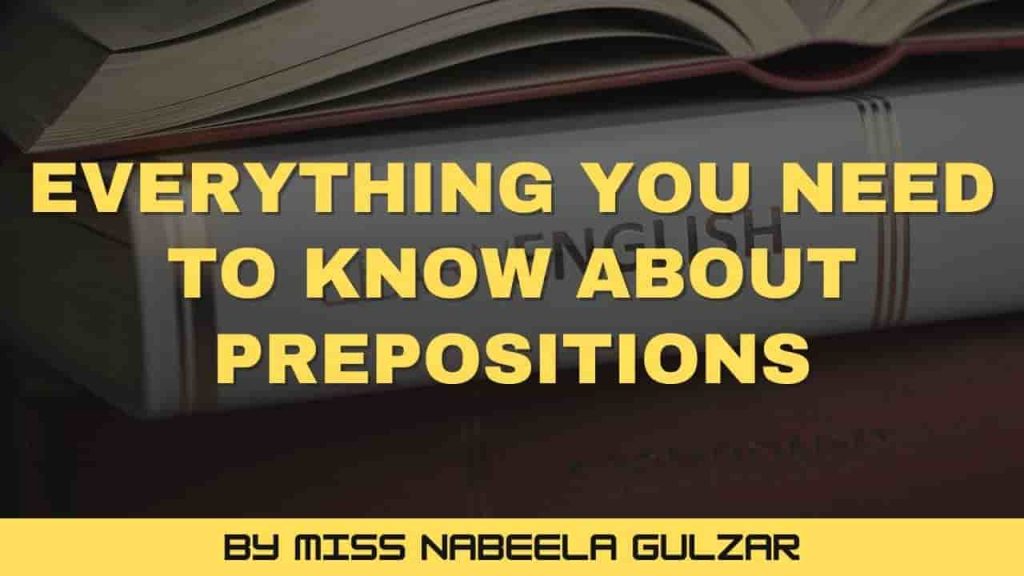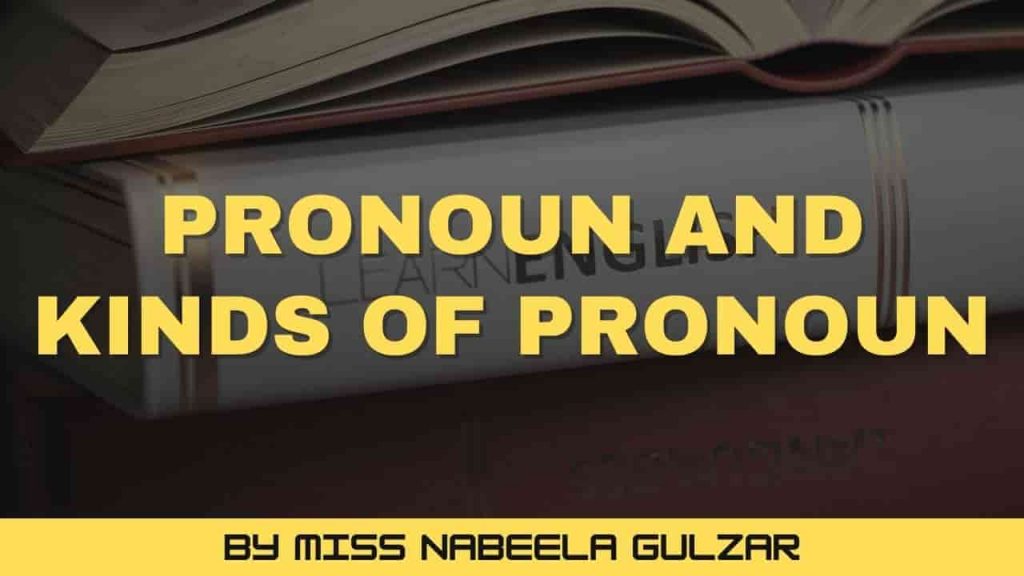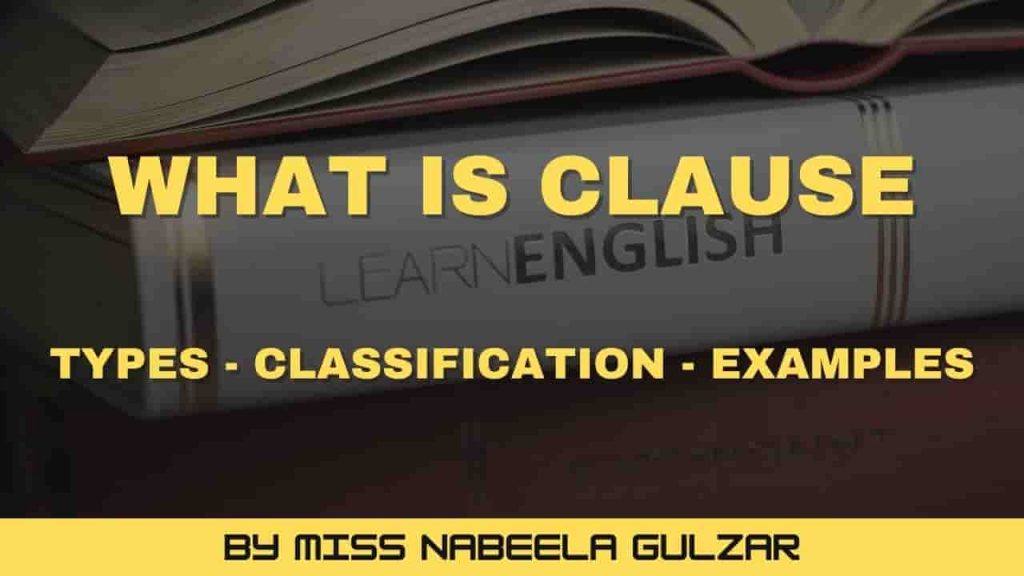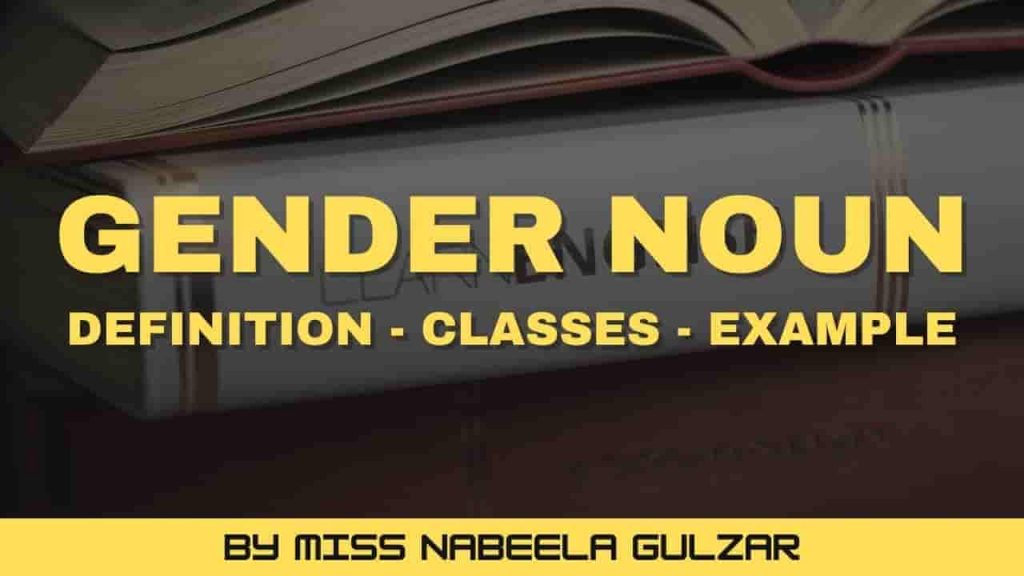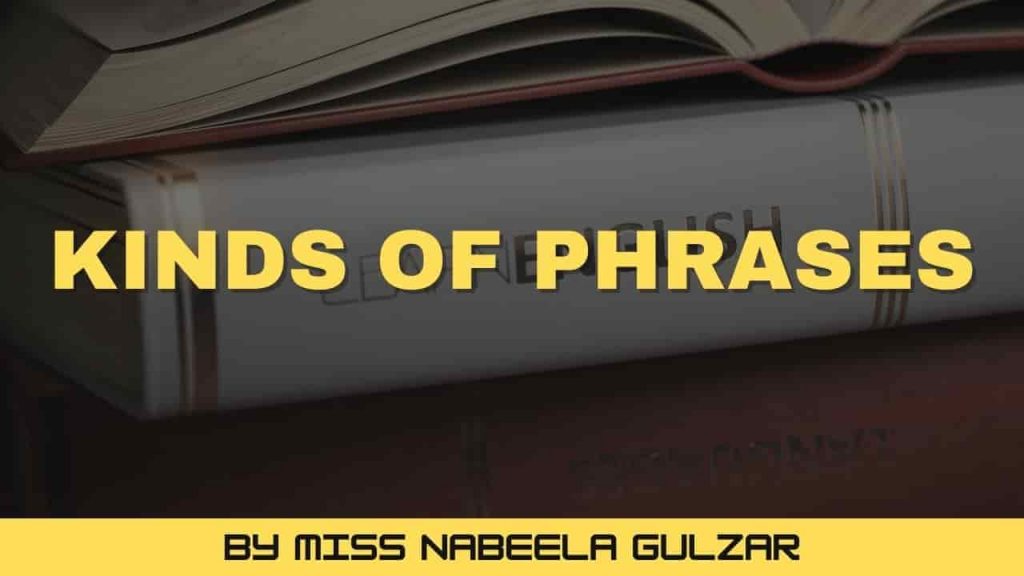Everything You Need To Know About Prepositions
Definition of Preposition:
Preposition is a word placed before a noun and pronoun to show its relation to some other word in the sentence.
Examples:
- The book is on the table.
- The water is in the glass.
(here on and in are prepositions that show the position of nouns)
Form of Preposition
- Prepositions are of five different forms.
- Simple Prepositions
- Double Prepositions
- Compound Prepositions
- Participle Prepositions
- Phrase Preposition
Simple Prepositions:
In, it, with, by, of, form, up, to, after, over, under.
Double Prepositions:
Double Prepositions are used when simple Prepositions do not serve the purpose.
Example: Into, onto, within, outside.
Compound Prepositions:
Within, inside, outside, beneath
Participle Prepositions:
Past participle or present participles are used as Prepositions such as:
pending, during, expect, regarding, etc.
Phrase Prepositions:
Sometimes two or more words, followed by a preposition, make a phrase. Such use of the prepositions is known as phrase Prepositions.
Examples: in spite of, by means of, in front of, with reference to, in opposition of, etc.
1. Prepositions Of Place
These prepositions are used to show place.
On, over, above, against, beside, across, at
Examples:
- The paper is on the table.
(Means contact with the surface of the table)
- The paper is over the table.
(Means not touching the table)
- The paper is in the table.
(Means inside the drawer)
- The paper UNDER the table.
(Means on the floor but covered area on the table)
- The paper lying against the table.
(Means resting against or with touch).
2. Prepositions of Time
These prepositions are used to denote time.
At, An, In, By, After.
Examples:
At and By:
- I shall reach college at 10:30. (reach in exact time)
At: six O clock, at noon, at midnight.
- I shall reach college by 10:30. (not for exact time)
On: for denoting days.
on Monday, on July 29th, on eid day.
In: for denoting time or time period.
In August, in winter, in the morning, in the evening.
On: on the morning/afternoon/ evening of a certain date.
Example:
He reached the college on the morning of 21st August.
In Time: means before exact time.
Example:
He reached the station in time.
On Time: means exact time.
Example:
He reached the station on time.
Since:
Since denotes the beginning of something. It refers to a point after a specific time or event in the past. It also refers to a particular point of beginning something in the past and continuing until the present. such as since morning, since Monday, since 2020, etc.
Examples:
- I have been living in this house since 1990.
- He has been taking nothing since morning.
For:
For refers to an amount of time. It does not need to be an exact time. It is usually used when you are talking about a vague period of time. Such as: for hours, for months, for years, etc
Examples:
- I had not been speaking to my brother for two days.
- It has been raining for the last four days.
- He will visit me for a week.
From:
From is used for a time period which is passed, is passing or will pass in future. It is used for an unspecified period of time.
Examples:
- The college was closed from 5th to 23rd of this month.
- I shall join you from next month.
- He started reading from the age of sixteen.
Note:
From is used when time has no relation with tense or verb.
Since: it indicates that the time is not over yet.
From is used when there is a certain date but it is followed by until or till.
Example:
- The bank was closed from the 5th till 23 of the month.
During:
During indicates a time period which is passing.
Example:
He disturbed me during the reading of the book.
3. Prepositions of Manner
Prepositions of manners express a source or method in a sentence.
Examples:
- We travel by bus/car/boat/ aeroplane. etc
- We arrived in a country or town.
- We get in public or private vehicles.
4. Prepositions of Direction
In, Into, Toward, in front, of
Examples:
- He is in the room.
(in is used with inactive things)
- He jumped into the river.
(into is used with active things)
- I killed the cat of my relative.
(of is used for possession)
- The branch of the tree is broken off.
(off is used for cutting)
- The cat ran towards the rat.
(towards points direction)
- He was killed by a robber with a hatch.
(by is used for persons and with is used for instruments)
Some Very Useful Hints About The Use Of Preposition
1. At: is used with the following words.
Am, laugh, rejoice, sneer, jeer, knock.
Examples:
- He aimed at the pigeon but missed.
- He laughed at my folly..
- He rejoices at my success in the examination.
- Do not jeer at the poor.
- Who knocked at the door.
2. For: is used with the following words
Eligible, hope, compete, Apologise, Famous, long.
Examples:
- Women are not eligible for this post.
- Please hope for the best.
- He should compete for the essay competition.
- He is famous for singing.
- He longs for old days of childhood.
- He apologized for his sily behavior.
3. From: is used with the following words.
Alight, Disqualified, Different, Prohibit, Differ.
Examples:
- He alighted from the train at 6 a.m.
- He is disqualified from contesting the election.
- The animals are different from birds in their habits.
- He prohibited me from smoking.
- Cats differ from dogs sharply.
4. In: is used with the following words.
Consist, Persist, Absorb, Excel, Confide, Indulge.
Examples:
- Happiness consists in peace of mind.
- He persisted in going to Lahore in the evening.
- He was absorbed in his study, when I went there.
- She excels in others in singing.
- I confide in your honesty.
- I do not indulge in music.
5. Of: is used with the following words.
Accuse, Approve, Ashamed, Avail, Boast, Consist, Devoid, Jealous, Seek, Proud, Ignorant, Die.
Examples:
- He was accused of theft.
- I don’t approve of your conduct.
- I am not ashamed of my deeds.
- He boasts of his health.
- This room consists of doors and windows.
- He is devoid of good sense.
- He is jealous of my success.
- I am proud of your ability.
- She is ignorant of my success.
- He died of cholera.
6. On: is used with the following words.
Congratulate, Insist, Go, Defend, Revenge.
Examples:
- I congratulate you on your success.
- I insisted on his going there.
- The price of petrol is going on increasing.
- Do not depend on the labour of others.
- I took revenge on my enemies.
7. To: is used with the following words.
Avail, Applicable, Kind, Sensitive, Devoted, Listen, Injurious, Hostile, Prefer, Addict.
Examples:
- He is avail to the situation.
- This law is not applicable to the new situation.
- Be kind to the animals.
- He is sensitive to cold.
- He is devoted to the study of music.
- Please listen to me.
- Smoking is injurious to health.
- Hevis hostile to the country.
- I prefer tea to milk.
- He is addicted to gambling.
8. With: is used with the following words.
Agree, Compete, Comply, Familiar, Gifted, Overwhelm.
Examples:
- I agreewith you in this matter.
- I competed with him in this essay competition.
- I complied with his instructions.
- I am familiar with the figure of a postman.
- He is gifted with the power of speech.
- He is overwhelmed with grief at the death of his mother.
Some Common Pitfalls in the use of Prepositions
1. No prepositions:
Do not use prepositions when order, resemble, inform, tired are used as a verb.
Examples:
- He ordered for a cup of tea. (incorrect)
He ordered a cup of tea. (correct)
- This book resembles to that. (incorrect)
This book resembles that. (correct)
- I shall inform to you. (incorrect)
I shall inform you. (correct)
Some other verbs are as:
Attack, love, obey, marry, hate, reach, discuss, request, violate, address.
2. Use Gerund after Prepositions:
When a verb is placed immediately after a preposition, it must be in the form of gerund. (gerund=first form+ing)
Examples:
- He insisted on see her. (incorrect)
He insisted on seeing her. (correct)
- She is good at tell tales. (incorrect)
She is good at telling tales. (correct)
- You are fond of climbed. (incorrect)
You are fond of climbing. (correct)
- Are you afraid of to talk me? (incorrect)
Are you afraid of talking to me? (correct)
- I cannot go on to bath here. (incorrect)
I cannot go on bathing here. (correct)
3. (a) Part from:
(take away someone) used for persons
(b) Part with:
(take away something) used for things.
Examples:
- She parted with her friends. (incorrect)
She parted from her friends. (correct)
- He parted from his cycle. (incorrect)
He parted with his cycle. (correct)
4. (a) Die of:
Die as a result of some disease.
(b) Die from:
Die as a result of some external cause.
Examples:
- He died from fever. (incorrect)
He died of fever. (correct)
- He died with an accident. (incorrect)
He died from an accident. (correct)
5. (a) Tire with:
Getting tire
(b) Tire of:
Get tired of something
Example:
- I am tired with my work. (incorrect)
I am tired of my work. (correct)
6. (a) Come of:
To descend from
(b) Come by:
To acquire
(c) Come down:
To be reduced
Examples:
- He comes from a noble family. (incorrect)
He comes of a noble family. (correct)
- How did you come of this watch? (incorrect)
How did you come by this watch? (correct)
- The prices of cotton have come by. (incorrect)
The prices of cotton have come down. (correct)
7. Some Common Mistakes in the Use of Prepositions:
Examples:
- He was angry upon me. (incorrect)
He was angry with me. (correct)
- He complained upon me. (incorrect)
He complained against me. (correct)
- Write with ink. (incorrect)
Write in ink. (correct)
- She burst in tears. (incorrect)
She burst into tears. (correct)
- He met me in the way. (incorrect)
He met me on the way. (correct)
- You should not boast your car. (incorrect)
You should not boast of your car. (correct)
- Have you disposed your car? (incorrect)
Have you disposed of your car? (correct)
Hopefully, your concept about Errors in the Use of Preposition is clear now, This lecture is part of the whole series of English Grammar by Miss Nabila Gulzar, For Other Lectures Click Here also We have an Essay on every topic, Check the complete list here. If you are Studying in Matric Free Video Lectures of Maths, Physics and English are here, and we have got you covered for I.COM Business Maths also.

